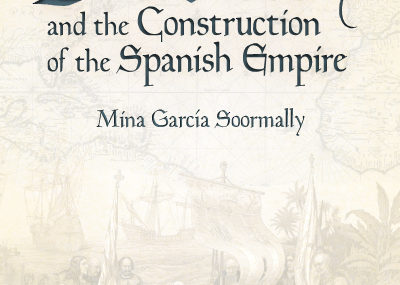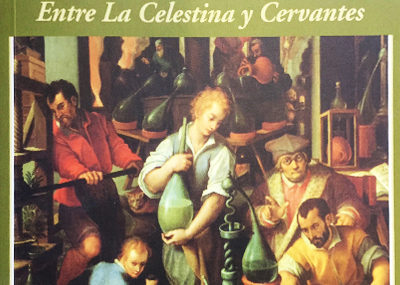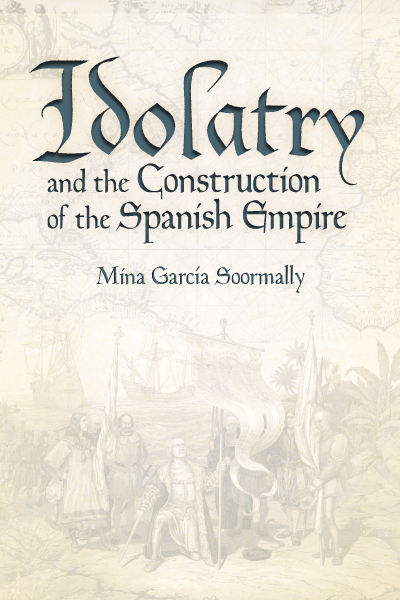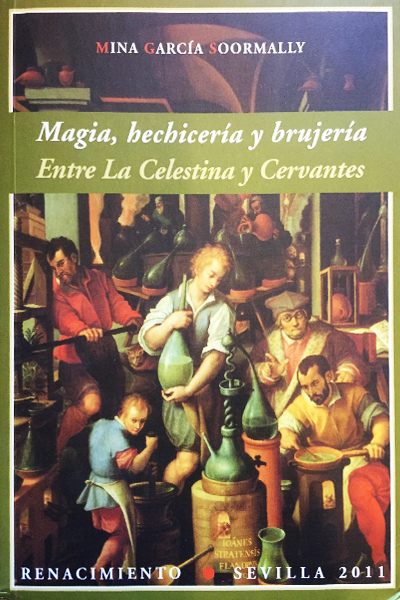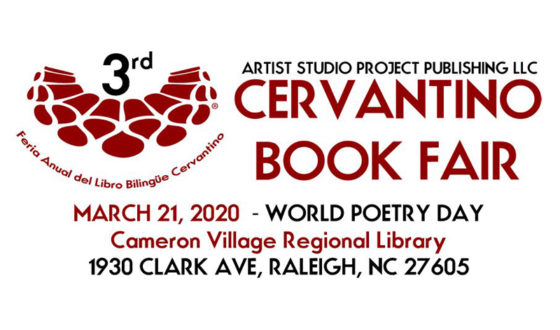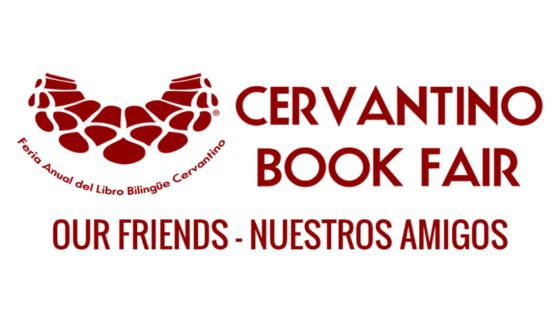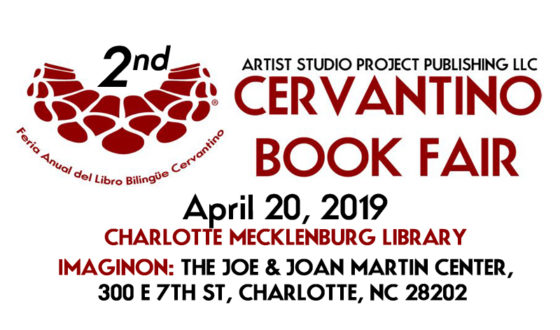
About the Author
Born in Málaga, Spain, Mina García Soormally earned her Bachelor’s degree in English Philology from the Universidad de Málaga in 1995. After completing her undergraduate degree, she continued as a student at the Universidad de Málaga, pursuing doctoral studies in Spanish Philology. While working on her Spanish dissertation and teaching Spanish language at Duke University in Durham, North Carolina, USA, Dr. García Soormally realized a growing interest in Trans-Atlantic Studies, and began a second Ph.D. program in the Romance Studies Department at Duke in the Fall of 2000.
In 2003, Dr. García Soormally successfully defended her dissertation, Magia, hechicería, y brujería: Entre La Celestina y Cervantes at the Universidad de Málaga. She was subsequently awarded a Ph.D. (sobresaliente cum laude con unanimidad, “with highest honors”) in Spanish Philology. In the following years, Dr. García Soormally continued working under Dr. Margaret Greer at Duke, taking her research to archives in Lima, Peru; Madrid and Seville, Spain; and Mexico City, Mexico. In 2007, Dr. García Soormally successfully defended her dissertation, “Idolatry and the Construction of the Spanish Empire”, earning her second Ph.D., this time from Duke University.
In 2011, Renacimiento Press of Seville, Spain, published Dr. García Soormally’s first book, Magia, hechicería, y brujería: Entre La Celestina y Cervantes. In an article in the Spanish national newspaper ABC, literary critic and permanent member of the Royal Academy of History, Luis Alberto de Cuenca listed this work among his 5 recommendations for the best undiscovered books of 2011. Her latest book, Idolatry and the Construction of the Spanish Empire with University of Colorado Press, was just released in December 2018.
García Soormally joined the Department of World Languages and Cultures of Elon University in Elon, North Carolina in the fall of 2007, where she is now an Associate Professor. At Elon, in addition to pursuing ongoing research in Early Modern Spanish Theater and Trans-Atlantic studies, Dr. García Soormally teaches Spanish and Latin American Language and Literatures. Outside Elon University, she serves on two executive boards, the Association of Hispanic Classical Theater and BRIDGES, a professional development program for women in higher education.
Mina García Soormally lives in Greensboro, NC with her husband, Clark Geddie and their two daughters, Amanda and Olivia. For fun, she enjoys swimming, singing and playing piano.
Garcia Soormally, Mina. Magia, hechicería y brujería: Entre La Celestina y Cervantes (Magic, Sorcery and Witchcraft: Between La Celestina and Cervantes). Renacimiento: Sevilla, 2011.
Abstract
In this book I studied the relation between society and superstition in some texts of the Early Modern period as a way of approaching the practices that were common at the time, and the manner in which those were seen in the contemporary literary texts. So, beyond the literary analysis, I looked at the socio-economic aspects that are so intimately related to sorcery, especially in the celestinesque tradition or in the go-between matchmaker. I proposed that this role was used in the context as a social agent, as the protagonist of the struggle that women of the time had to go through in order to have access to positions of authority, to vindicate their own voices. Similarly, and in the study of some Cervantes’ works, my aim was to present the portrait of the witch and the sorceress in the social context of the time, and to emphasize their marginal condition. I concluded that in both set of texts, the authors create a parallel society to the institutionalized: a periphery, whether in the form of an animal, of a different identity, or under the disguise of craziness or sorcery. In this periphery, outside of the center of power, a subaltern reality creates a tension that is destroyed under the label of witchcraft. Therefore witchcraft provides a space in which those members of society marginalized because of their race, religion or gender find the possibility of flirting with the idea of being included, of acquiring the public recognition that seems impossible any other way. Nevertheless, it becomes evident in all these stories that this hope, disguised in the form of a spell, is nothing more than an empty illusion
Idolatry:
An ethnohistory on the spiritual and governmental conquest of the indigenous people in colonial Mexico, Idolatry and the Construction of the Spanish Empire examines the role played by the shifting concept of idolatry in the conquest of the Americas, as well as its relation to the subsequent construction of imperial power and hegemony.
Contrasting readings of evangelization plays and chronicles from the Indies and legislation and literature produced in Spain, author Mina García Soormally places theoretical analysis of state formation in Colonial Latin America within the historical context. The conquest of America was presented, in its first instances, as a virtual extension of the Reconquista, which had taken place in Spain since 711, during which Spaniards fought to build an empire based in part on religious discrimination. The fight against the “heathens” (Moors and Jews) provided the experience and mindset to practice the repression of the other, making Spain a cultural laboratory that was transported across the Atlantic Ocean.
Idolatry and the Construction of the Spanish Empire is a wide-ranging explication of religious orthodoxy and unorthodoxy during Spain’s medieval and early modern period as they relate to idolatry, with analysis of events that occurred on both sides of the Atlantic. The book contributes to the growing field of transatlantic studies and explores the redefinition that took place in Europe and in the colonies.
Magia, hechiceria y brujeria: Entre la Celestina y Cervantes (Renacimiento, 2011) (Spanish Edition) Idolatry and the Construction of the Spanish Empire (University of Colorado Press, 2018) English edition.
- Idolatry and the Construction of the Spanish Empire University Press of Colorado; 1 edition (January 21, 2019)
- Magia, hechiceria y brujeria / Magic, Sorcery and Witchcraft: Entre la Celestina y Cervantes / Between La Celestina and Cervantes Renacimiento (August 11, 2011)


